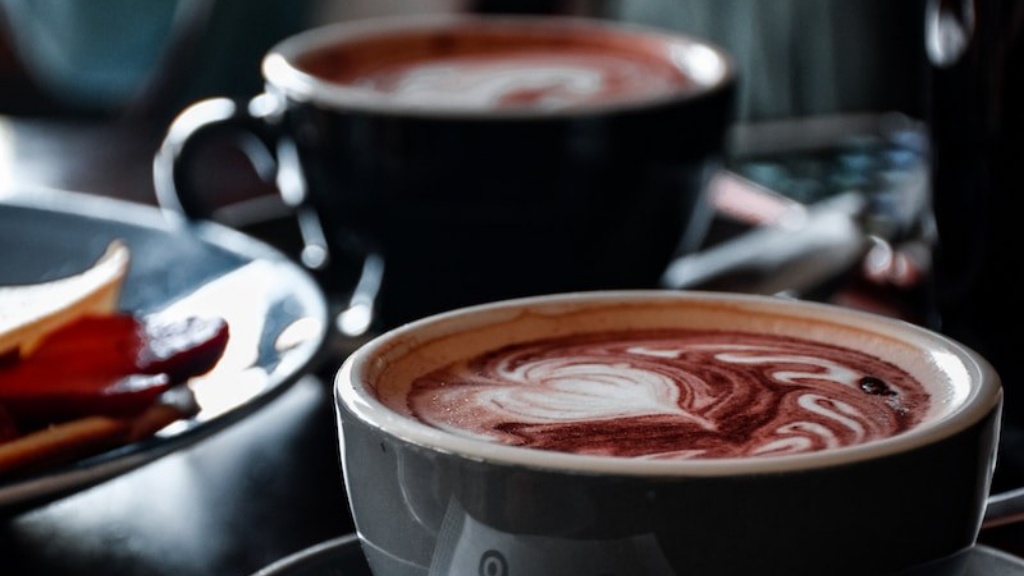Coffee is one of the most popular drinks in the world. Millions of people start their day with a cup of coffee. Coffee is rich in antioxidants, polyphenols and other essential elements that provide numerous health benefits. On the other hand, it has long been argued that coffee can impair the health benefits and dieting efforts that come from intermittent fasting, as it can be a source of calories and sugar.
Intermittent fasting is a diet and lifestyle pattern that has seen increasing popularity in recent years. Practitioners gain the various health and weight-loss benefits associated with fasting by repeating periods of no food intake followed by periods of a normal diet.
Despite the health benefits of both coffee and intermittent fasting, some people have concerns about drinking coffee when on an intermittent fasting plan. A common question is whether drinking coffee will ruin the benefits of intermittent fasting. There is no easy answer to this question, as opinions and interpretations vary from person to person.
Generally speaking, some experts argue that the caffeine in the coffee can alter the “fasted state,” providing a shot of energy to body and mind. This can be beneficial for those who are looking to get through their fasts with more ease, but it can also be argued that it will negate the whole fasting process, as any form of energy intake could potentially impair the benefits of a fast.
On the other hand, some experts have argued that, depending on what ingredients are used and in what quantities, the effects of the caffeine in coffee on intermittent fasting are minimal. Coffee without added sugar or calorie-containing ingredients is low in calories and won’t differ much from other calorie-free beverages, such as water. This means that caffeinated coffees can still be consumed as part of a healthy intermittent fasting diet without ruining the effects of the fast.
When it comes to the decision of whether or not to drink coffee while on an intermittent fasting diet, the best advice is to consider the individual’s health goals, lifestyle preferences and tastes. Some people may find that drinking coffee helps them to stay in a fasted state for longer, while others may find that the caffeine does not agree with them and leads to discomfort. Ultimately, it is up to the individual to decide which works for them.
Dangers of Dehydration
One factor to consider when evaluating whether or not to drink coffee during an intermittent fasting period is the amount of caffeine in the coffee. Caffeine has a mild diuretic effect and can lead to dehydration if too much is consumed without adequate water intake. This can be especially dangerous when in a state of fasting, as dehydration can be a serious health risk. Therefore, it is important to remember to drink adequate amounts of water when consuming coffee while engaging in intermittent fasting.
Benefits of Intermittent Fasting
Intermittent fasting can have numerous advantages, such as improving mental clarity, aiding in weight loss and increasing energy levels. It can also help to regulate blood sugar levels and increase the body’s sensitivity to insulin. Because of this, some experts recommend that those at risk for type 2 diabetes or other metabolic diseases incorporate fasting into their daily routine. Therefore, it is essential to consider the potential benefits of intermittent fasting for individual’s health before drinking coffee that may potentially negate some of these benefits.
Benefits of Coffee
Coffee is not only delicious, but it can also provide multiple health benefits. It contains antioxidants, which can protect the cells from oxidative damage, as well as polyphenols, which may help prevent or reduce inflammation. It can also provide an energy boost and improve mental clarity, alertness and focus. Therefore, some experts advise coffee drinkers to incorporate coffee into their daily diets, but to be mindful of the caffeine content so as not to impair their health goals.
Alternative Beverages
For those who are looking to get the health benefits of drinking coffee without being concerned about any potential impairment to their intermittent fasting goals, there are several alternatives that can be considered. For example, decaffeinated coffee or low-caffeine coffee, tea and herbal infusions are all low in calories and can help maintain hydration levels; however, their effects on fasting are yet to be fully determined.
Moderation
Overall, the best advice for those who engage in intermittent fasting and are looking to include coffee into their diets is moderation. Drinking an overly large amount of coffee may lead to dehydration, caffeine dependence or other negative health effects. Therefore, drinking coffee moderately is recommended for those who are both engaging in an intermittent fasting plan and looking to benefit from the beverages health benefits.


